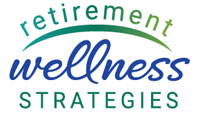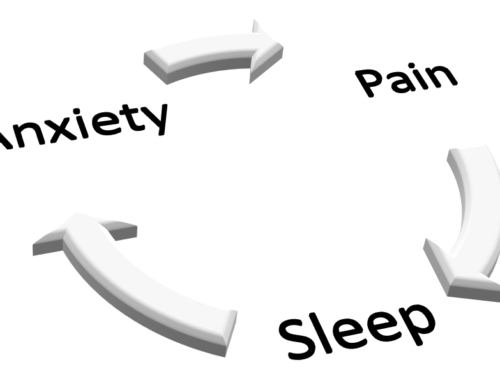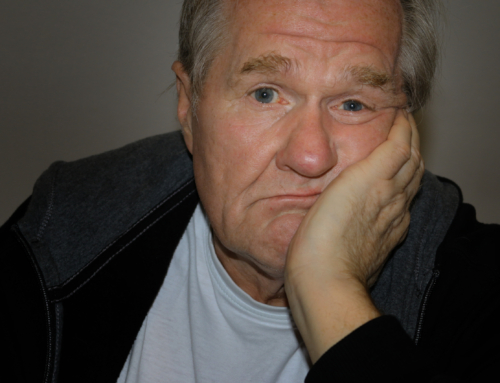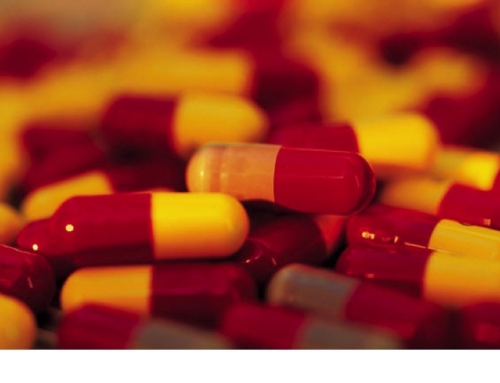
Simple pain remedies aren’t always so simple.
How often have you reached for simple acetaminophen (brand name Tylenol®) in your life? It is the go-to remedy for so many symptoms. It will reduce a fever, help with a headache, and help with general aches and pains.
Note, acetaminophen is the generic name. The generic version works just the same as the brand Tylenol® version. It is sometimes abbreviated APAP. So, Tylenol® = acetaminophen = APAP.
#1 treatment of osteoarthritis
Do you have arthritis? I know I do. Most of us (about 90%) have osteoarthritis. This is a condition where the cartilage coating our joints has worn away. There is now pain where bone is rubbing against bone. Your main symptoms are usually pain when you use the joint, stiffness, weakness (from your tendency to use it less), and crackling sounds.
I know I can no longer sneak up on my teenagers when I climb the stairs. My gravely sound in my knees is easy to hear.
The American College of Rheumatology, the main group of specialist doctors who treat arthritis, recommends acetaminophen for osteoarthritis.
Safer than NSAIDs (ibuprofen = Motrin®, Advil®; naproxen = Aleve®, Naprosyn®)
Nonsteroidal anti-inflammatory drugs (NSAIDs) are commonly used for pain. They treat pain in a way just like acetaminophen, and they also help with inflammation.
There are three big risks associated with these that I want you to know about:
- They can be hard on your kidneys. Be sure your doctor and your pharmacist know that you take these, how much you take, and which ones you take. They will monitor your kidney function and likely ask you to stop taking them if your kidneys show signs of injury.
- They can be hard on your stomach. Your risk of stomach ulcer goes up when you take these. ALWAYS take them with FOOD. If you develop stomach pain, more indigestion, reflux, or burning, tell you doctor.
- They can raise your blood pressure. This in turn can increase the stress on your heart. If you have high blood pressure or a heart condition, talk with your doctor and pharmacist BEFORE choosing to take an NSAID.
Risks of acetaminophen – not so simple
Acetaminophen is safe, but not completely safe. It has some risks. The biggest risk is when we take too much. And taking too much, is VERY EASY to do.
Sometimes people don’t realize that Tylenol® and acetaminophen are the same thing. When in pain, they take both thinking they are different medicines.
Many opioid pain medicines contain acetaminophen (APAP). Here are some examples:
- Percocet® (oxycodone and APAP)
- Roxicet® (oxycodone and APAP)
- Endocet® (oxycodone and APAP)
- Norco® (hydrocodone and APAP)
- Vicodin® (hydrocodone and APAP)
- Lortab® (hydrocodone and APAP)
- Lorcet® (hydrocodone and APAP)
- Tylenol #3® (codeine and APAP)
- Tylenol #4® (codeine and APAP)
Many cough/cold/flu medicines also contain APAP. Some examples are:
- Contac Cold & Flu
- Theraflu
- Alka Selzer plus Cold
- Vicks Sinex
- Comtrex
Too much acetaminophen in a day can damage your liver. The most that should be taken in a day is 4,000 mg (8 Extra Strength 500mg tablets). A group of experts is supporting a change so people use 3,000 mg or less. This will decrease the chance of people taking too much if their combination medicines have some ‘hidden’ acetaminophen.
The other important factor is alcohol. It is best to not drink alcohol when taking acetaminophen. Both make the liver work hard. Each can damage the liver when the liver is overworked. It can hurt your kidneys, too. If drinking while taking acetaminophen, please not every day and not beyond 1-2 drinks.
For more information about best use of acetaminophen, contact us at www.medsmash.com/contact, 410-472-5078, or michelle@medsmash.com. We can assess all of your medication regimen to screen for hidden acetaminophen.
For further assessment, check out my personal blog.



